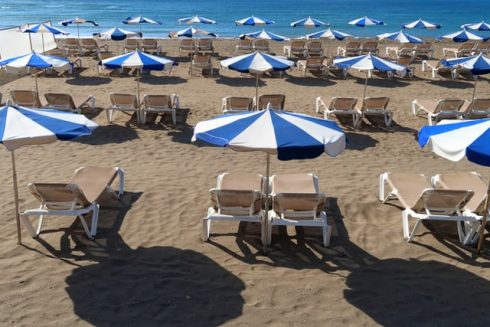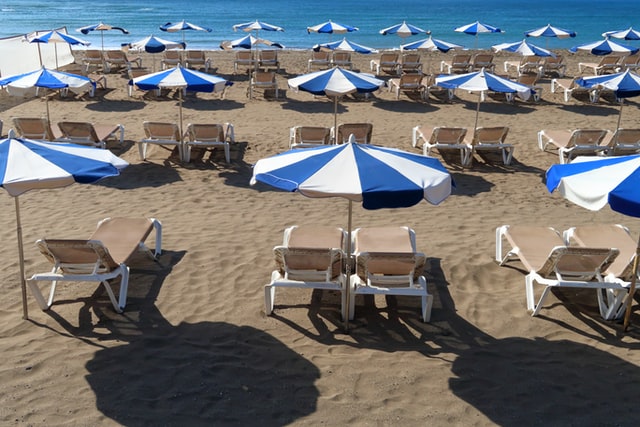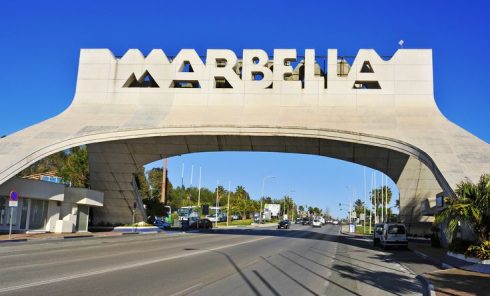SPAIN is pinning its hopes that dropping infection rates, a vaccination drive and the introduction of vaccine passports could help save the summer tourism season and bring much needed income to the struggling economy.
But Morgan Stanley investment group have this week issued a stark warning to economies that rely on tourism in southern Europe.
“Europe’s high cases and slow vaccine drive could lead to a late reopening, putting a second summer at risk – which would exacerbate the north-south divide and could trigger further policy easing,” Morgan Stanley told Reuters.
Last year, thanks to a drop in infection rates after a strict lockdown, Spain was able to open up during the summer months keeping tourism afloat.

“But we are somewhat sceptical that this can happen again this year, given the emergence of new strains, which appear to be more transmissible and dangerous, and have driven an acceleration in cases recently in the euro area, e.g. in France and Italy,” continued the bank.
Morgan Stanley insisted that the south of Europe would see the worst affects from another lost summer, particularly Spain where tourism accounts for over 12% of GDP and nearly 15% of employment.
“Spain, which was already one of the worst performers in 2020, looks particularly vulnerable, based on our analysis,” Morgan Stanley said.
Earlier this month Germany removed parts of Spain including Valencia and Balearic Islands from its risk list sparking a surge in bookings to the islands over Easter.
Spanish authorities have said they are keen to introduce a vaccine passport type scheme and could have their own version ready in weeks.
READ ALSO:
- Spain will have COVID-19 travel passport ready ‘within weeks’
- EXPLAINER: How Spain’s “green corridor” plan for vaccinated Brits could save summer tourism








